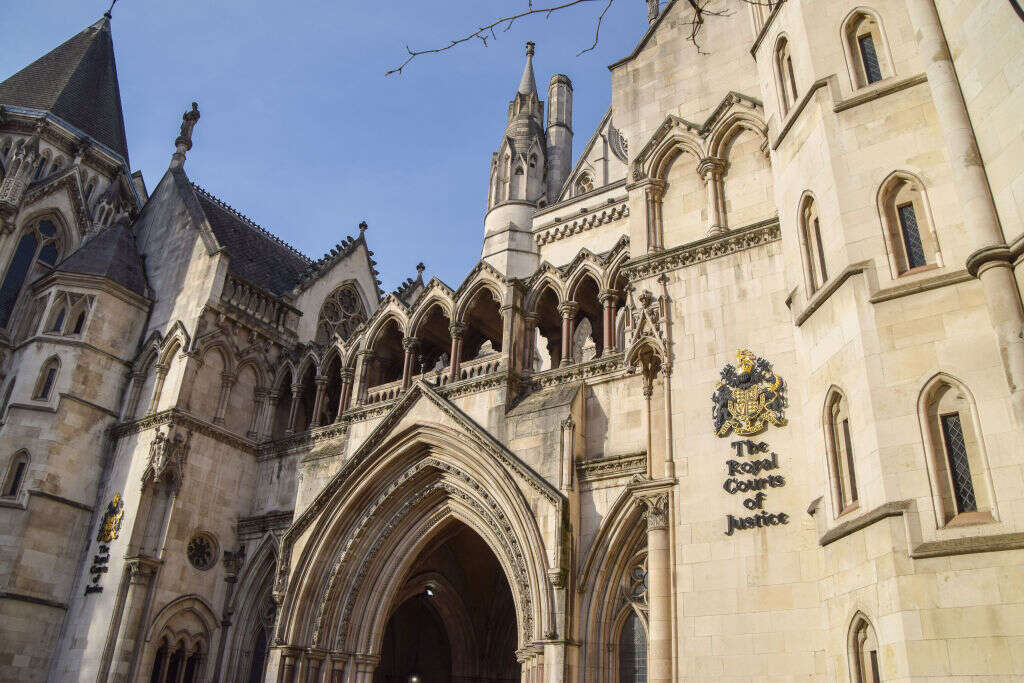
Courts will be given new powers to stop Russian oligarchs “abusing” the UK legal system to silence critics and journalists under reforms announced by the Government.
The series of measures, set out by Deputy Prime Minister Dominic Raab on Wednesday, take aim at so-called Strategic Lawsuits Against Public Participation (SLAPPs).
They include a new tool allowing courts to throw out meritless claims quicker and a cap on costs to prevent the super-rich from “bullying” journalists with the threat of expensive litigation, the Ministry of Justice said.SLAPPs usually involve wealthy elites using legal action to try and stop journalists or campaigners from exposing wrongdoing under defamation and privacy laws.
The targets often receive a “barrage of aggressive legal letters” and retract stories before the cases make it to court for fear of the sky-high costs involved, according to the MoJ and evidence previously heard by the House of Lords Communications and Digital Committee that the cases that make it to court are just the “tip of the iceberg”.
Raab said: “We won’t let those bankrolling Putin exploit the UK’s legal jurisdiction to muzzle their critics.
“So today, I’m announcing reforms to uphold freedom of speech, end the abuse of our justice system, and defend those who bravely shine a light on corruption.”
[Read more: UK is SLAPP tourism capital of Europe but scale of ‘iceberg problem’ not fully known]
How will the UK’s anti-SLAPP reforms work?
Under the reforms, courts will be able to more quickly dismiss baseless claims, which they will identify through a new three-part check.
The test will assess whether the case is against activity in the public interest – such as a fraud investigation; whether there was evidence of abuse of process – such as threatening correspondence; and whether the case has sufficient merit.
The new cost protection scheme is set to “level the playing field between wealthy claimants with deep pockets and defendants” by shielding defendants from crippling costs, the MoJ said.
The Government will “set out the design of the scheme and the precise level of cost caps in due course”, the department added.
The move comes after a the High Court earlier this year dismissed a libel claim brought by Kazakh mining giant Eurasian Natural Resources Corporation (ENRC) against Financial Times journalist Tom Burgis about passages in his book Kleptopia: How Dirty Money Is Conquering The World.
Observer journalist Carole Cadwalladr was sued for libel by Brexit donor Arron Banks but won last month using the public interest defence. Her supporters had felt the case was an intimidating SLAPP suit although the judge in the case said Banks’ attempt to seek vindication was “legitimate”. Cadwalladr said on Wednesday Raab’s plan was “Good news. Just too late for some.”
Michelle Stanistreet, general secretary of the National Union of Journalists, said: “Publication of these proposals is a significant step in tackling the deployment of SLAPPs and other forms of lawfare designed to stymie journalistic investigations.
“Abuse of the law by the sly and mighty, who deeply resent the legitimate work of the media in calling them to account, is a scourge which must be eradicated.”
Dawn Alford, executive director of the Society of Editors, said: “The introduction of a new mechanism to allow the courts to throw out meritless cases more quickly and a cap on costs are essential protections that should deter the wealthy from using the threat of expensive litigation to silence their critics and should allow journalists and others the ability to fulfil their roles as the public’s watchdog without bullying or intimidation.”
The co-chairs of the informal working group UK Anti-SLAPP Coalition, with representatives from Index on Censorship, English PEN and the Foreign Policy Centre, praised the Government for “clearly stating its intention to introduce primary legislation” and give courts the ability to “filter SLAPPs out of the court process as quickly as possible” but urged it to be “bolder”.
In particular, they pointed to “the need for a higher threshold to filter out SLAPPs, the need to reduce and compensate SLAPP targets for the harm caused by the litigation process, and the need for measures – such as punitive damages – to deter SLAPP litigants from targeting public watchdogs with abusive legal threats and actions”.
Picture: Vuk Valcic/SOPA Images/LightRocket via Getty Images
Email pged@pressgazette.co.uk to point out mistakes, provide story tips or send in a letter for publication on our "Letters Page" blog
